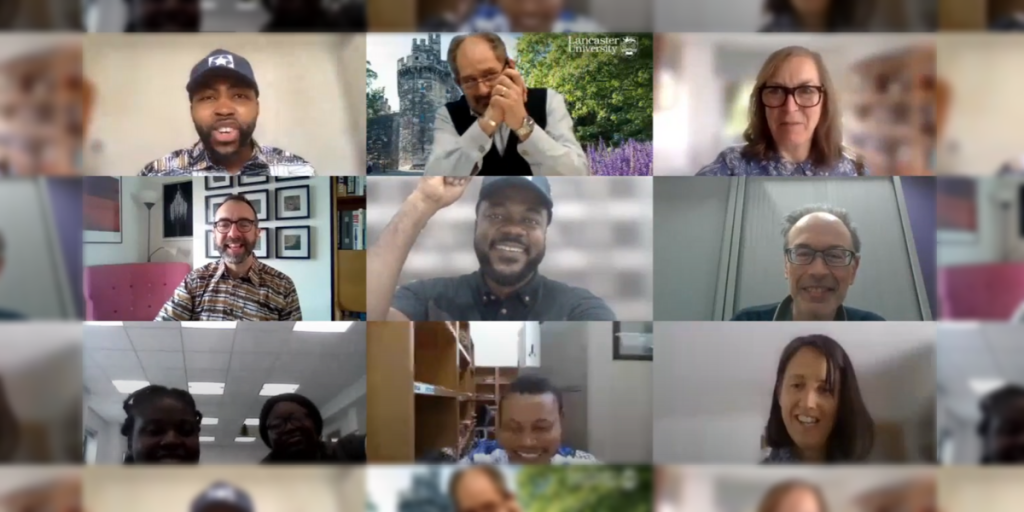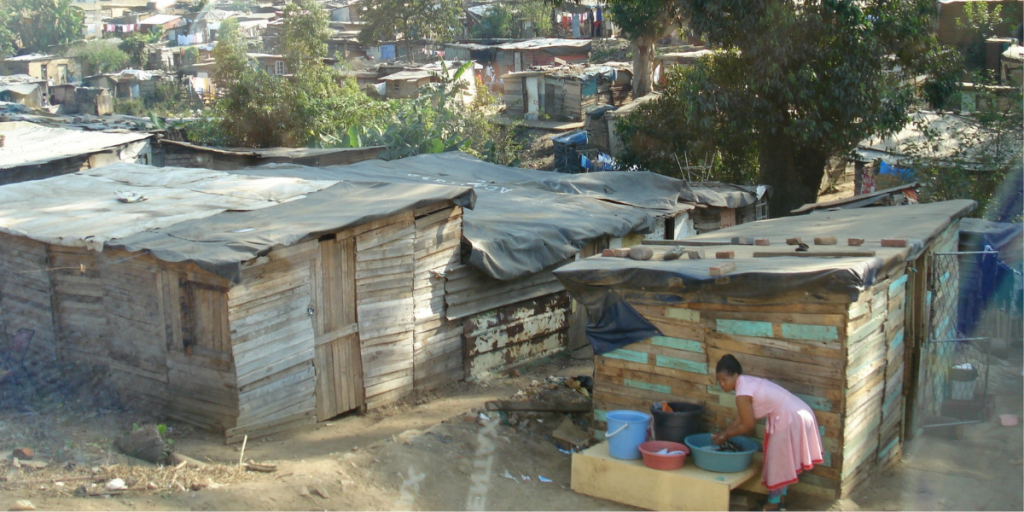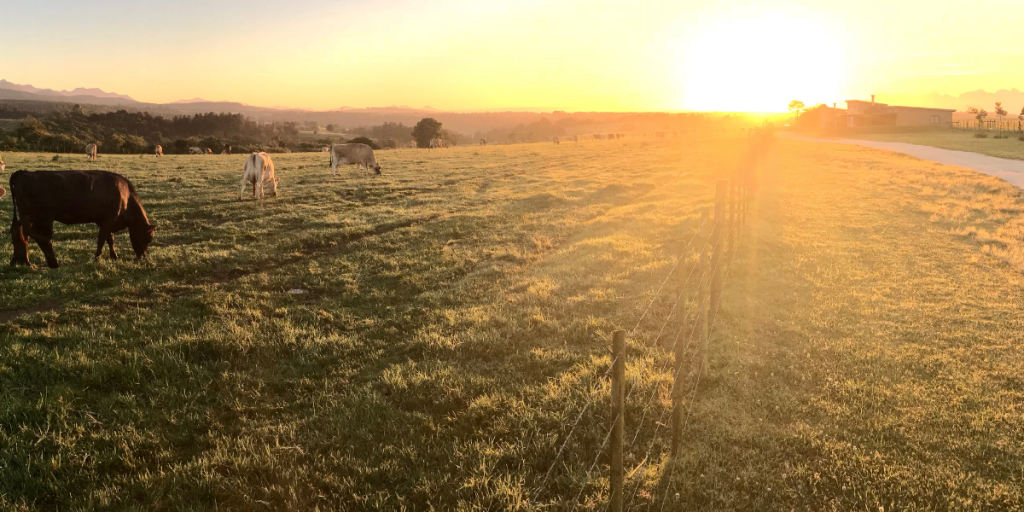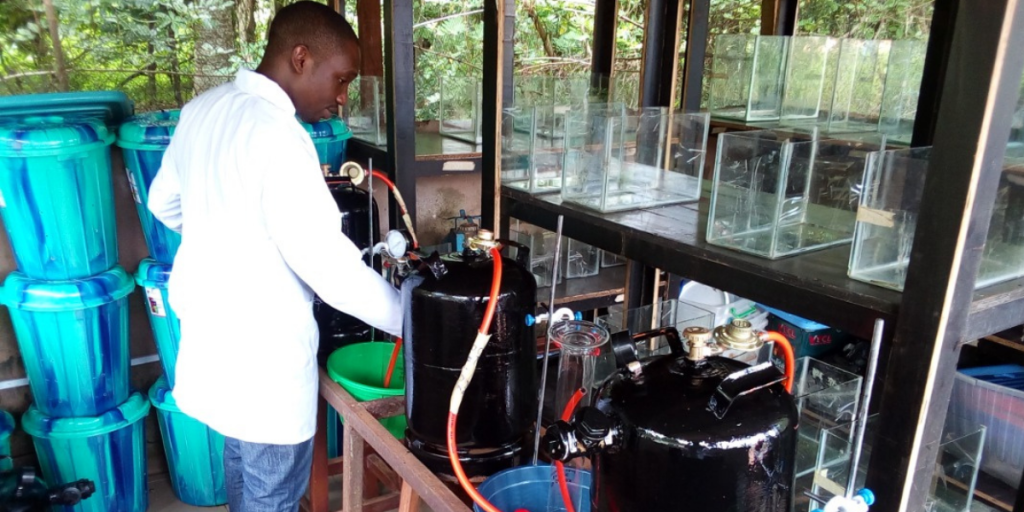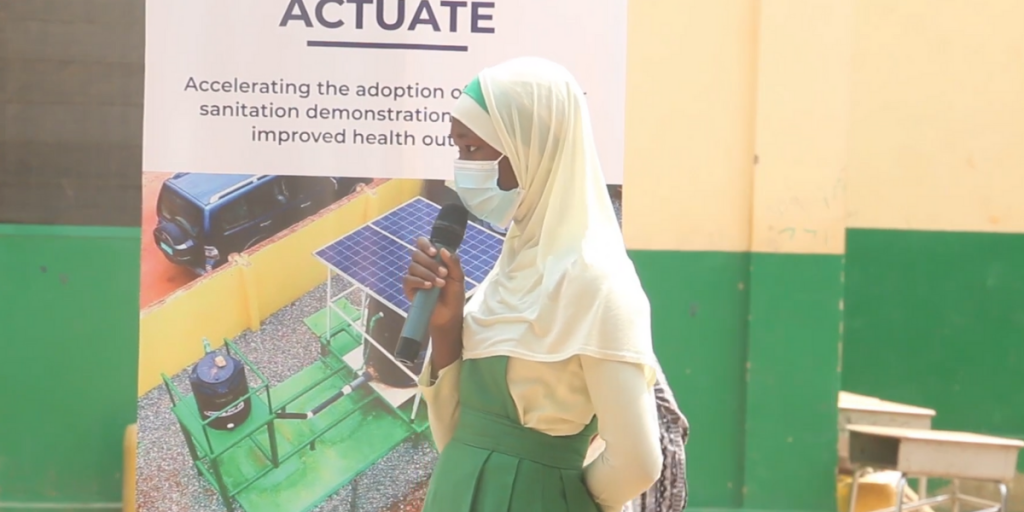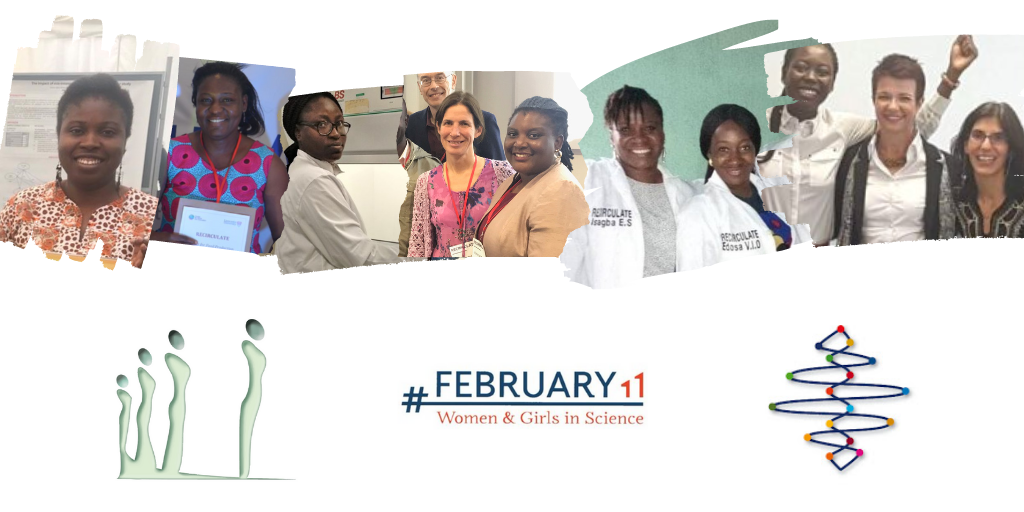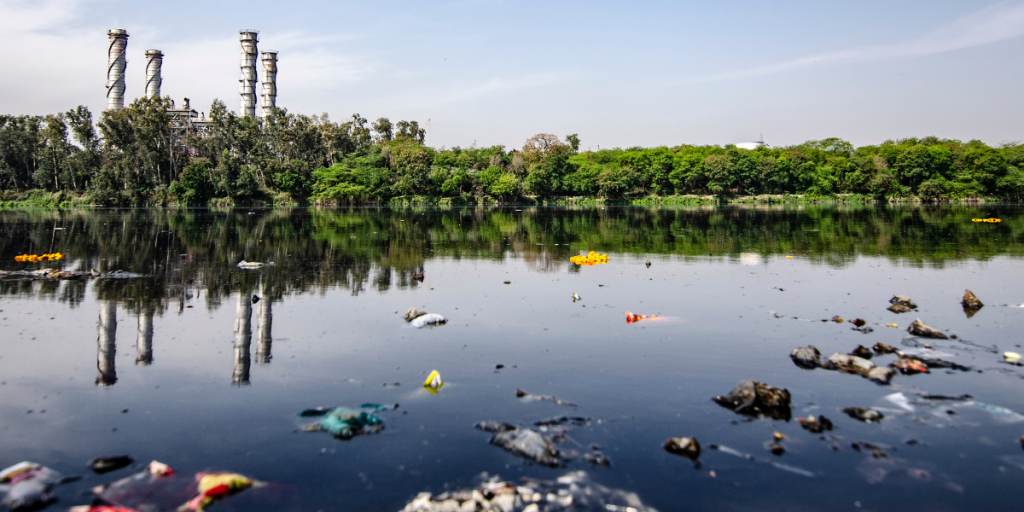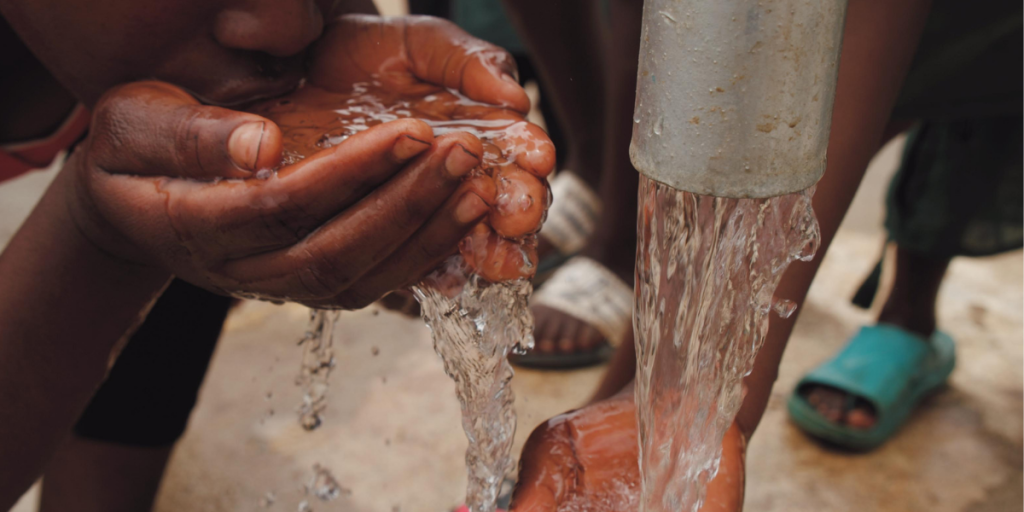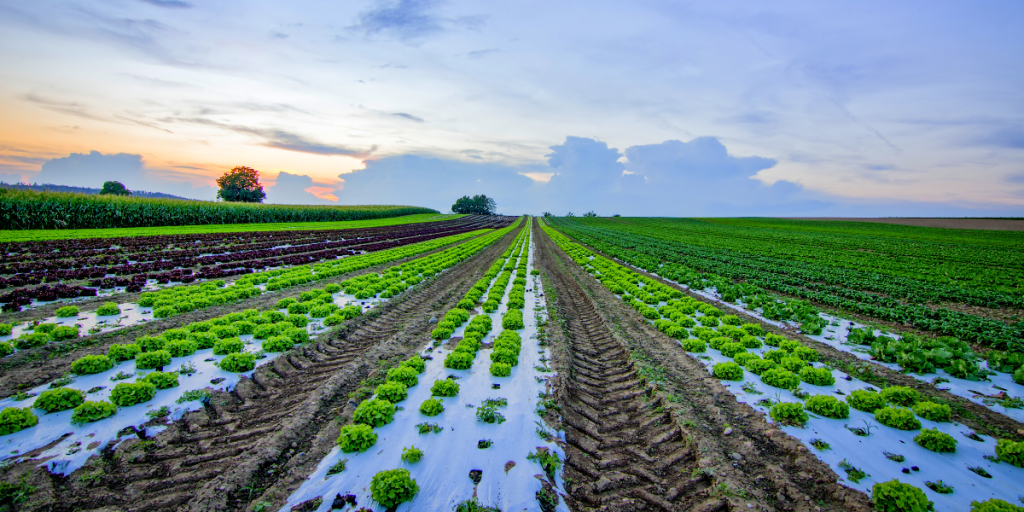As the RECIRCULATE project comes to the end of its 4.5 year funded period, we asked those who joined us for the most recent PARTICIPATE webinar, “How has the project has impacted you?”. Hajara Tanko (Director, Raw Materials Research and Development Council, Nigeria) “My visit to Lancaster University during the Residency programme gave me insight […]
Read More
Last week we saw the conclusion of the PARTICIPATE with RECIRCULATE series, with our International Impact Webinar: Enterprise. The webinar was held 24th March 2022 and explored the opportunities for entrepreneurs and professionals from RECIRCULATE research. The webinar also served as a celebration of the RECIRCULATE Project – with partners, former residents and members of […]
Read More
Informal toilets and a safe circular water economy International Symposium, Lancaster University, 28-29 March 2022 A venue for the exchange of ideas and knowledge between researchers, practitioners and policy makers concerned with ‘sanitation for water and health’ – for the benefit of informal urban dwellers. Background For most informal dwellers, water is unaffordable, […]
Read More
Closing the waste loop; a case of the cattle rumen digestate amended with poultry droppings as bio-fertilizer. The end products of anaerobic digestion (AD) are biogas and digestate. Digestate from our previous experiments has been shown to have the potential to help solve the problem of soil infertility in Sub-saharan Africa especially in the ultisols […]
Read More
The team at the University of Benin have been working on different aspects of the RECIRCULATE Water for Energy Production workpackage, one very important part of this work being the optimization of the anaerobic digestion process. Following on from earlier work within the project, the team have been aiming to establish the best ratio for […]
Read More
In January we covered the commissioning and handing over ceremony of a Integrated Biodigester (IBD) plant at Umar Bun Hatab Islamic Basic School at Madina Zongo, by CSIR, Lancaster University and other partners. Five students from Umar Bun Hatab Islamic basic school followed on with written articles to express their appreciation for the ACTUATE project […]
Read More
Science and gender equality are both vital for the achievement of the internationally agreed development goals, including the 2030 Agenda for Sustainable Development. Over the past decades, the global community has made a lot of effort in inspiring and engaging women and girls in science. Yet women and girls continue to be excluded from participating […]
Read More
RECIRCULATE’s Water for Sanitation and Health team have been identifying, mapping and performing observations of ‘poor sanitation hotspots’ to better understand the processes that create them. By ‘poor sanitation hotspots’ we mean areas of the community that have particularly unsanitary conditions, or that are prone to extra stresses that mean the cleanliness of the environment […]
Read More
A central concern of the RECIRCULATE Water for Sanitation and Health Work Package (WP2) is how best to reduce faecal contamination of drinking water. To determine whether water is contaminated, Research and Technical Officers from the Water Research Institute (CSIR-WRI), which is part of Ghana’s Council for Scientific and Industrial Research, conduct tests of the […]
Read More
Recycling organic waste (water, plants and food) using Anaerobic Digestion for sustainable food production in Ghana Lack of nutrients and/or water usually limit crop yields in Ghana. Chemical fertilizers are expensive to buy, so farmers in turn do not apply the nutrients the crop needs. Of the available farming land in Ghana (1.9 million hectares), […]
Read More


